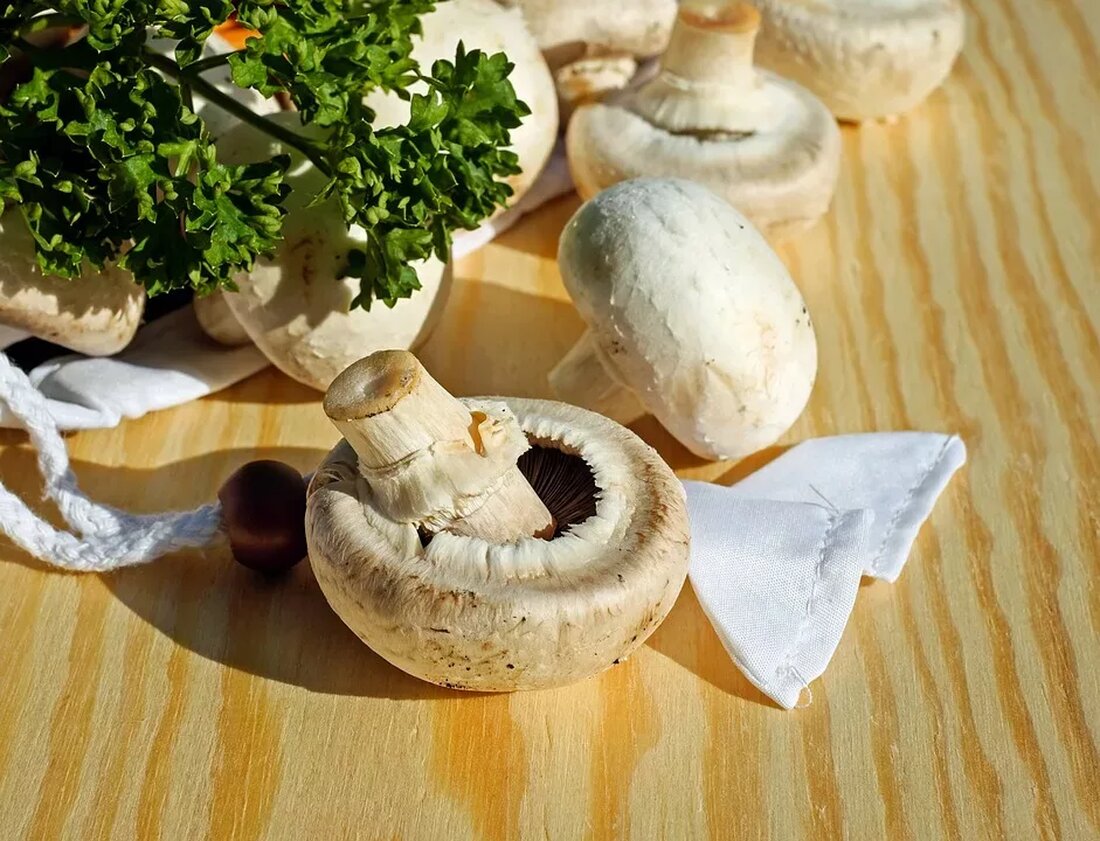Herbal therapy for skin problems in animals
Herbal Therapy for Skin Problems in Animals Skin problems in animals can be a source of discomfort and must be treated properly to ensure the animal's well-being and health. In addition to conventional medical approaches, herbal therapy can also be an effective and natural method for treating skin problems in animals. In this article, we will look at various herbal therapies that can be helpful in relieving skin problems in animals. Table of Contents What are herbal therapies? Herbal Therapies for Skin Problems in Animals Aloe Vera Chamomile Calendula Lavender Oil Coconut Oil Frequently Asked Questions Can I use herbal therapies alone to…

Herbal therapy for skin problems in animals
Herbal therapy for skin problems in animals
Skin problems in animals can be a source of discomfort and must be treated properly to ensure the animal's well-being and health. In addition to conventional medical approaches, herbal therapy can also be an effective and natural method for treating skin problems in animals. In this article, we will look at various herbal therapies that can be helpful in relieving skin problems in animals.
Table of contents
- Was sind pflanzliche Therapien?
- Pflanzliche Therapien für Hautprobleme bei Tieren
- Aloe Vera
- Kamille
- Calendula
- Lavendelöl
- Kokosöl
- Häufig gestellte Fragen
- Kann ich pflanzliche Therapien alleine verwenden, um Hautprobleme bei meinem Tier zu behandeln?
- Wie sollte ich pflanzliche Therapien bei meinem Tier anwenden?
- Gibt es Risiken oder Nebenwirkungen bei pflanzlichen Therapien für Hautprobleme bei Tieren?
- Wann sollte ich einen Tierarzt aufsuchen, auch wenn ich pflanzliche Therapien verwende?
What are herbal therapies?
Herbal therapies utilize the therapeutic properties of plants and herbs to treat specific health problems. These therapies are often used as an alternative or complementary treatment method to conventional medicine. Herbal therapies are based on the principle that plants possess certain compounds that may have healing properties.
For skin problems in animals, various herbal therapies can be used to relieve symptoms such as itching, redness, inflammation and dryness. It is important to note that herbal therapies are not suitable for all skin problems and that in some cases a veterinary examination and treatment is necessary. It is advisable to consult a veterinarian before using herbal therapies for your animal.
Herbal therapies for skin problems in animals
There are several herbal therapies that can help treat skin problems in animals. Some popular options are explained in more detail below:
Aloe vera
Aloe Vera is a well-known plant with anti-inflammatory and nourishing properties. The gel made from the leaves of the aloe vera plant can be applied to the affected skin to relieve itching and soothe the skin. It can also help with skin irritation and flaking. Aloe vera is popular with many pet owners because it is safe and well tolerated.
chamomile
Chamomile is another plant used for skin care because of its soothing properties. Chamomile tea can be used to make skin rinses to relieve itching and reduce inflammation. The rinses can be applied to affected skin to promote healing and relieve symptoms of skin problems.
Calendula
Calendula, also known as marigold, is often used to treat skin problems due to its anti-inflammatory and antibacterial properties. Calendula cream or ointments can be applied to irritated skin to reduce inflammation and soothe the skin. Calendula can also aid in wound healing and reduce skin irritation.
Lavender oil
Lavender oil is known for its calming and anti-inflammatory properties. It can be diluted and applied to affected skin to relieve inflammation and itching. Lavender oil can also help with insect bites or minor skin injuries. It is important to dilute lavender oil before use as it can cause allergic reactions in some animals.
Coconut oil
Coconut oil is a versatile herbal product that can be used for various skin problems. It can help hydrate dry skin and relieve itching. Coconut oil also has antimicrobial properties and can therefore help with easily infected skin areas. Coconut oil should be used carefully as it can clog pores in some cases.
Frequently asked questions
Can I use herbal therapies alone to treat skin problems in my pet?
Herbal therapies can be an effective adjunct to treating skin problems in animals, but it is important to identify the cause of the skin problems and consult a veterinarian. Sometimes skin problems can indicate serious medical conditions that require veterinary attention.
How should I use herbal therapies on my animal?
The use of herbal therapies may vary depending on the product. It is important to read and follow the manufacturer's instructions carefully. In general, herbal therapies can be applied topically to affected skin. When using essential oils, it is important to dilute them and ensure that the animal does not have an allergic reaction to the ingredient.
Are there any risks or side effects to herbal therapies for skin problems in animals?
Herbal therapies can generally be safe and well tolerated, but there is always some risk of allergic reactions or intolerance. Always monitor the animal closely after using herbal products and consult a veterinarian if side effects occur.
When should I see a veterinarian even if I use herbal therapies?
It is advisable to consult a veterinarian if skin problems worsen, do not improve within a reasonable time, or are accompanied by other symptoms. A veterinarian can make an accurate diagnosis and suggest targeted treatment, which may require conventional medical approaches.
Overall, herbal therapies can be a safe and effective method for treating skin problems in animals. However, it is important to note that not all herbal products are suitable for all animals and that veterinary advice is recommended. The correct application, dosage and selection of herbal therapies is crucial to optimally treat the animal and minimize possible risks.

 Suche
Suche
 Mein Konto
Mein Konto
